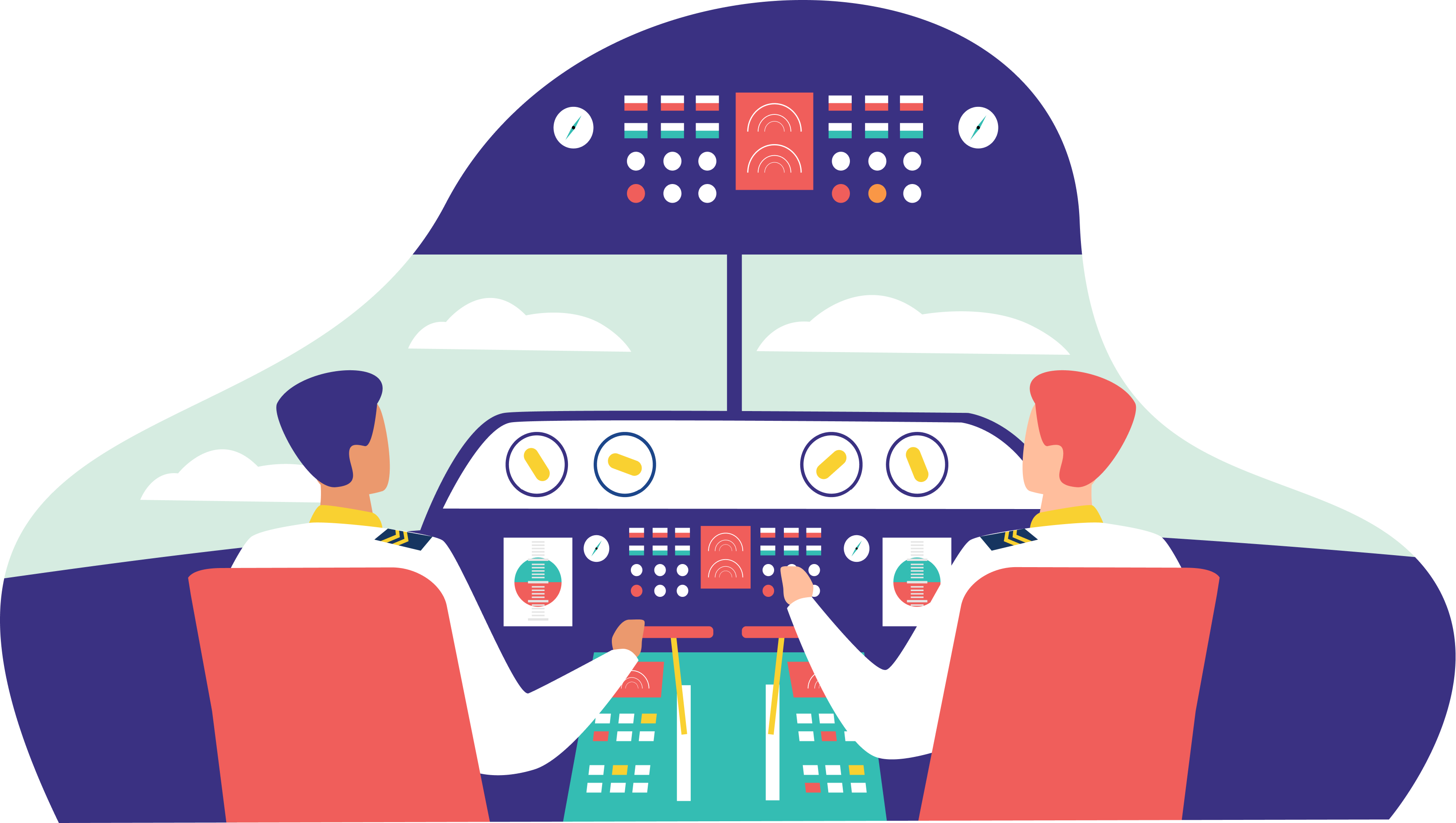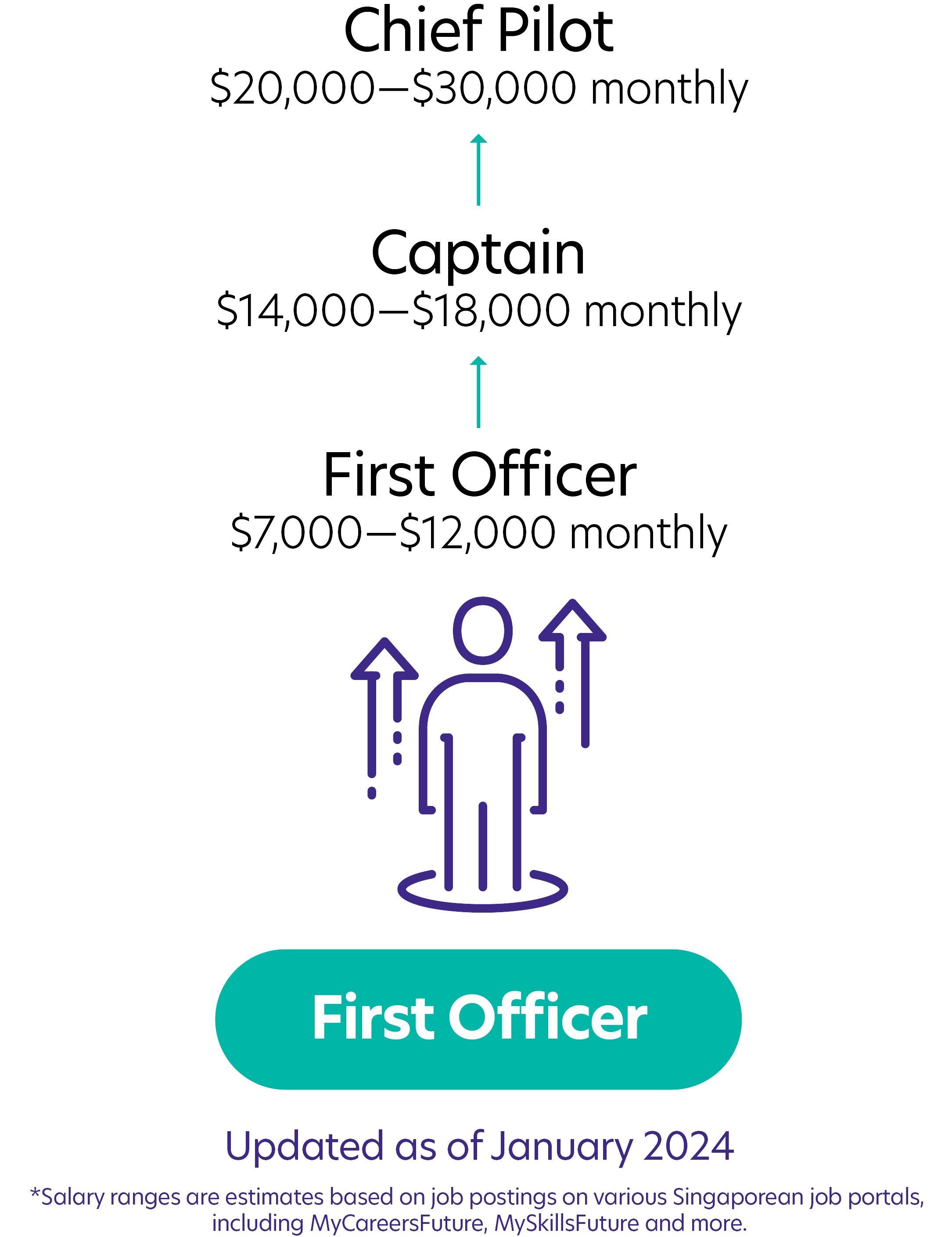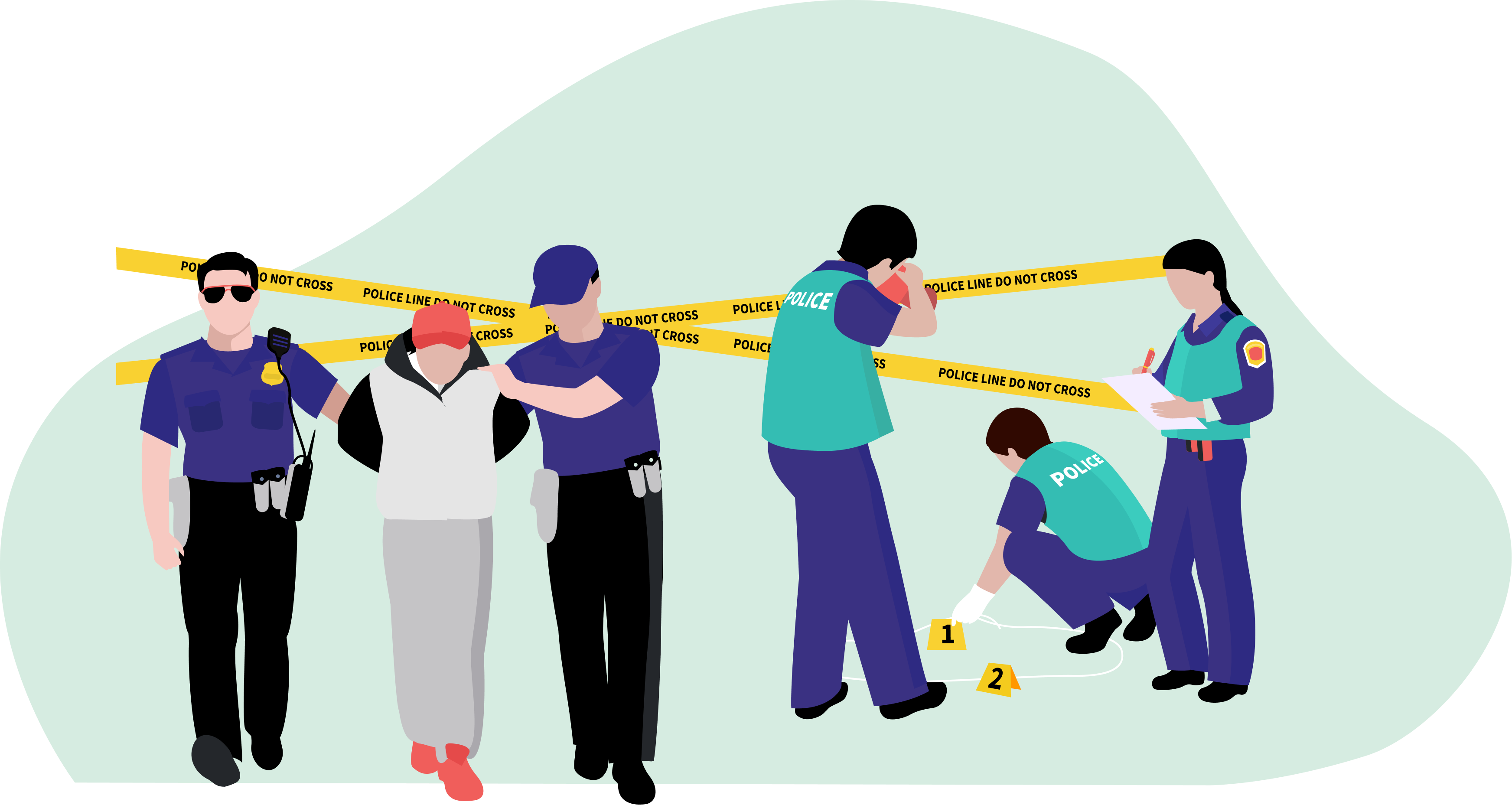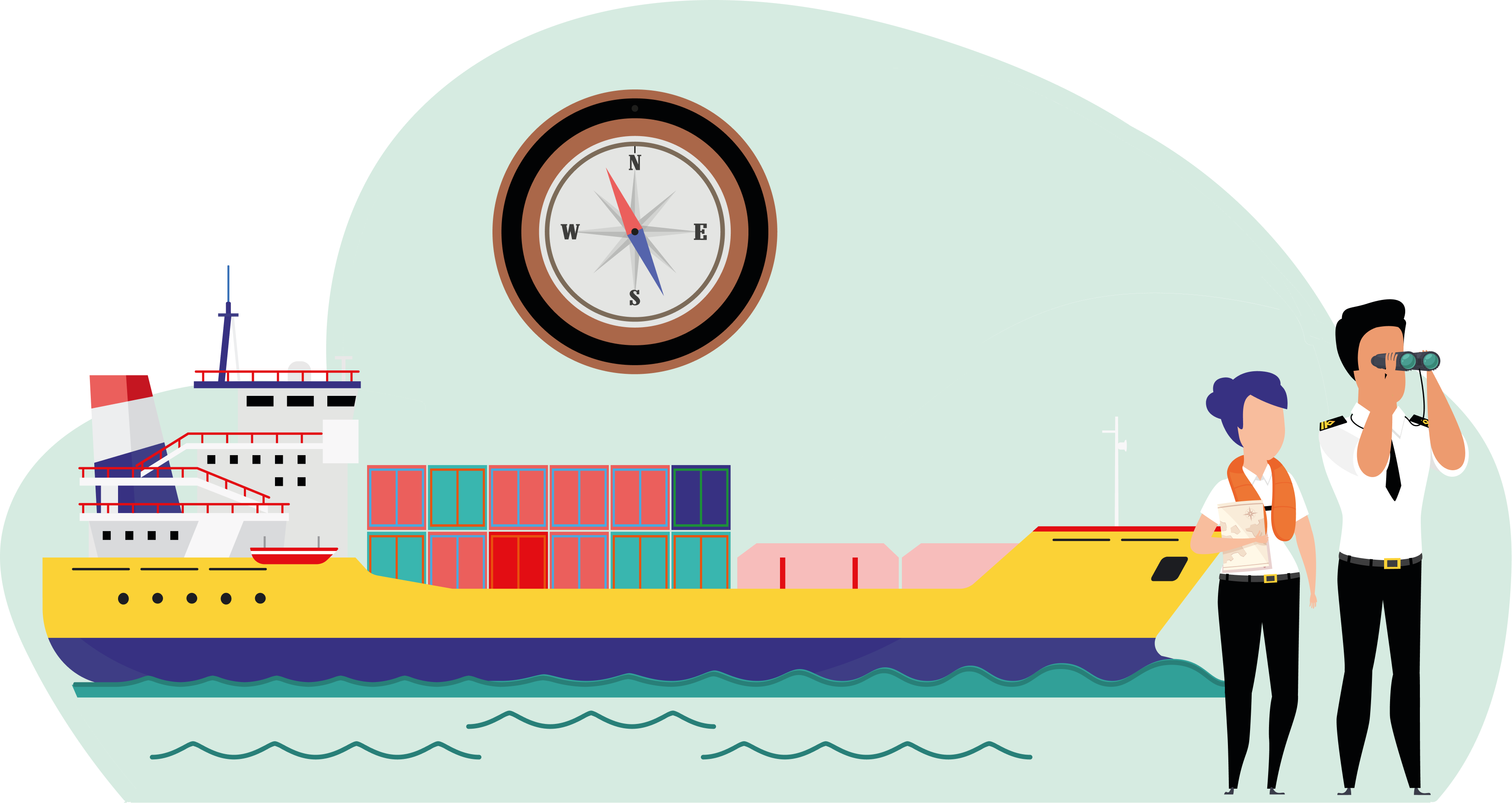
First Officers prepare aircraft for flights. During flights, First Officers navigate the aircraft across safe terrains and weather with the Captain. After landing, they complete post-flight and shut-down checklists.
First Officer Job Description
- Conduct thorough post-flight and shut-down checklists to ensure all systems are functioning.
- Perform comprehensive safety sweeps of flight decks and crew rest areas.
- Monitor weather patterns, air traffic, and other flight conditions to detect any hazardous or risky situations that may arise during the flight.
- Address and manage any passenger issues or disturbances.
- Operate the aircraft during all phases of flight, including take-off, cruising at altitude, and landing.
- Review and assess flight plans, weather reports, Notices to Airmen (NOTAMs), and other relevant documentation prior to departure.
Note
Aside from having good eyesight, First Officers will also need good hearing skills to work effectively in spite of ambient aircraft and passenger sounds.
What you should know about First Officer jobs in Singapore
Nature of Work
You will need to be a confident communicator to give clear and confident instructions to both passengers and your fellow Crew members.Key Advice
You are expected to work at varying, irregular hours, to accommodate the flight schedule.-
Entry RequirementsEntry Requirements
- To embark on careers as First Officers, you will need to have achieved an A-level qualification or a diploma, laying the foundational educational requirement for this prestigious role.
- Begin your professional journey by securing a Commercial Pilot License (CPL) issued by the Civil Aviation Authority of Singapore (CAAS), which mandates candidates to be a minimum of 18 years of age at the time of application.
- Aspiring First Officers must possess exceptional visual acuity, with a minimum unaided vision of 6/60, which must be correctable to 6/6, ensuring the highest standards of safety and performance are met.
- Prospective First Officers should demonstrate strong interpersonal and communication skills, as effective teamwork and clear communication are essential in the cockpit environment.
-
Possible PathwayPossible Pathway

Skills you need to pursue a First Officer career in Singapore
 Hard Skills
Hard Skills
Aircraft Cruise Operations
Masterfully manage flight systems and efficiency during the cruise phase of flight.Aircraft Dispatch
Expertly coordinate flight plans, fuel loads, and compliance for safe dispatch.Aircraft Emergency Management
Proficiently handle in-flight emergencies and execute safety protocols.Communication
Effectively convey information clearly and listen actively to others.Decision Making
Be skilled in making timely, informed decisions under pressure.Problem-Solving
Expertly identify issues, analyse solutions, and implement fixes efficiently.Explore Other Programmes
Browse AllYou have bookmarked your first item!
Find it in My Discoveries with insights on your interests!



